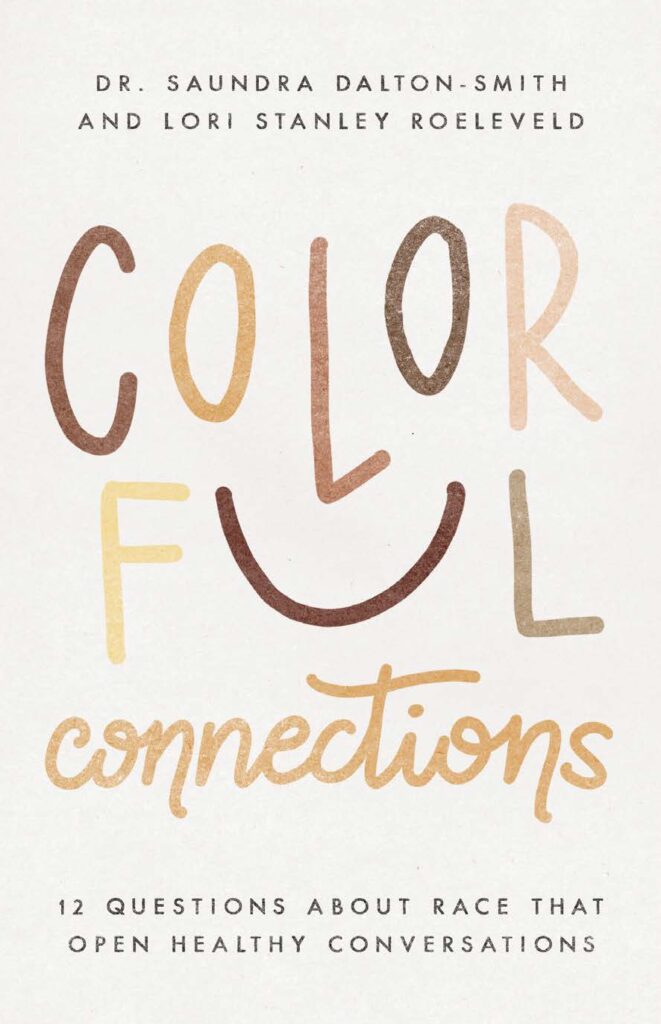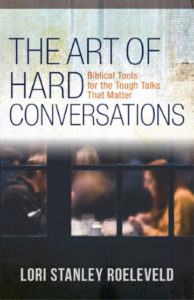Why I Don’t Attend Witch Burnings
But, I believe witchcraft is evil. I believe Muslims need Jesus for salvation. I believe sons and daughters should honor their parents and I believe heterosexual marriage is the order of God’s design.
Does that make me someone who picks and chooses what I believe from the Old Testament?
I think I’ve worn clothing woven of two kinds of material but I’m mostly a cotton and denim girl so, I probably accidentally follow this law most of the time. I don’t plant many fields so I don’t wrestle with the temptation to use two kinds of seeds and I don’t raise animals so I’ve never considered mating two different kinds. I don’t like rare meat so eating blood isn’t something I do but I’ve never wanted to stone the person beside me eating a steak that was “walked past the grill.”
But, you won’t catch me within ten feet of a psychic’s tent at the fair. I believe in using fair weights and measures and being honest in business. I wouldn’t ever degrade my daughter by making her a prostitute and I don’t believe in seeking my own revenge or perverting justice. These, too, are Levitical laws.
Here’s something I know for certain – there are more people who quote verses out of context from Leviticus than have EVER read the book in its entirety, never mind studied it in context. Often, well-intentioned people who set out to read the entire Bible begin in Genesis. Most will survive through Exodus but Leviticus is where all good intentions go to die like New Year’s resolutions in March.
This is not a scholarly treatise on Leviticus. This is a blog post. I do not study Levitical law full- time although I have studied it frequently within the context of understanding all of scripture and knowing the God I serve. This is not a class on Leviticus. This is simply a blog post about how one Christian woman works out the issue of dealing with Old Testament laws in modern life.
Here’s the deal (as I currently understand it).
God chose the Israelites as “His people” and set about to make a point with them about His standards of holiness. Most of you will recall when Charlton Heston (I mean, Moses) led them out of Egypt, freeing them from 400 years of slavery, and they wandered around the desert for 40 years. They were heading into the Promised Land, which, at the time, was occupied by tribes of people who organized their religion around temple prostitution (as in, sex acts for money on the altar) and child sacrifice.
So, during the 40 years in the desert, God was preparing a people who had only known slavery for 400 years to enter a land occupied by warring people who practice every kind of evil. He was trying to make them a people “set apart.” Trying to show them who He is and how they should live to reflect that.
Leviticus is a book about offerings and sacrifices and as popular as it is to say that all sin is sin (and it is, in terms of making one a sinner), there were varying degrees of punishment meted out for different infractions. For some sins, sacrifices could be made for atonement – anything from doves to bulls depending on the sin. For other sins, generally sexual, idolatrous, or blasphemous, death was demanded.
As I said in my last post, I recommend you read for yourself. Most of what people quote from Leviticus can be found in chapters 17-20.
So, how do we know how we should handle these ancient rules in modern times?
Well, we’re not without guidelines. The restrictions on eating “unclean” foods was lifted when Peter had his vision on the rooftop in Acts 10. It was symbolic of the good news that Gentiles (non-Jews) were to be included in the Kingdom Jesus issued in through His death and resurrection. So, enjoy your lobster!
Other rules that were related to clean or unclean things and keeping things separate generally also related to the separation between God’s people and those who reject God. Since Jesus has now become our sacrifice and we are no longer required to offer animals on the altar, most of these rules are not kept by modern Christians (although some do still try). We follow Jesus, living under His grace, not “the law.”
Some laws, Jesus repeated, such as “do not murder,” “do not commit adultery.” We have His word that God still disapproves of these things.
Then, laws that were serious enough to demand death – those that were sexual in nature, idolatrous (as in forbidding the practice of divination or witchcraft), and blasphemous – these are still generally considered by many Christians to be applicable to modern humans.
The difference being that since Jesus did NOT stone the woman caught in adultery, most of us don’t believe we should take capital punishment for these sins into our own hands. We believe forgiveness for these sins can be found in Jesus Christ, through repentance and relationship but that only HE can decide who gets the final death penalty.
I am no better than anyone else no matter what rules I do or don’t observe. I will only be found in heaven because Jesus had mercy on my soul and died to save me. But now, I represent Him and I will speak up for the truth He taught no matter who it offends because I owe Him my life.













The Conversation
Thanks, Lori, for another thought-provoking post. Reading your words helps me formulate my own thoughts into words.